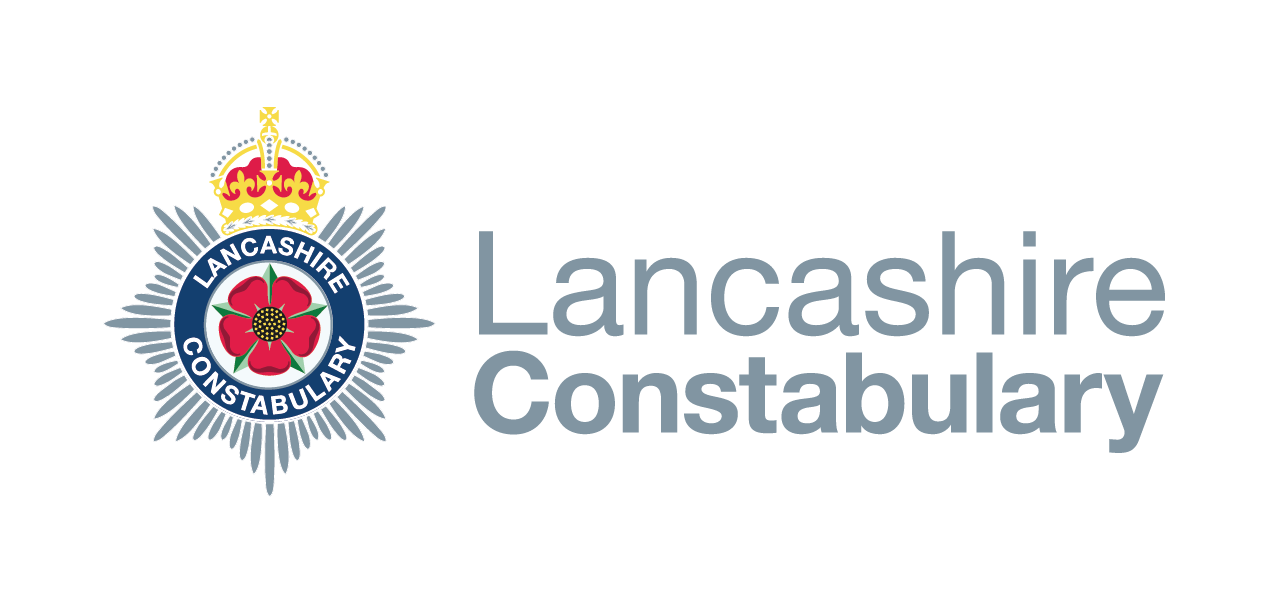Spiked drinks and date rape drugs
Spiking is when someone puts alcohol or drugs into another person’s drink or body without their consent or knowledge. This is illegal even if no other offence is committed.
People can also be the victims of ‘needle spiking’, which is injecting someone with drugs without their consent.
Spiking can happen to anyone anywhere – no matter their gender, sexuality or ethnicity – and can be carried out by strangers or by people you know.
We take these offences very seriously.
We are working with our partner agencies and licensed premises both at a local and a national level to look at prevention and sustainable solutions to this serious crime.
Whether it’s done as a prank or with the intent to steal from or assault a person, there are some things you can do to take control and reduce the risk for you and your friends:
Never lose sight of your drink
It can take only minutes for someone to feel the effects of a spiked drink. Memory loss can be a side effect of many of the drugs used to spike drinks. Many victims are unaware of what has happened to them, and have very little memory of the incident, if any at all.
Never leave your drink unattended and if it doesn’t taste right, don’t finish it.
Be vigilant of strangers
When you go out for an evening you never know who you’re going to meet. If someone appears to be over-friendly and eager to get you to drink, be vigilant.
If you get separated from your friends in a bar, pub or club, let them know where you are. If you happen to meet new company and they ask you to go on somewhere else, introduce them to your friends and tell them where you’re going.
Be a drink buddy
If you're out with a friend, or friends, keep an eye out for each other. If they appear to be more drunk than you'd expect, dizzy or slurring their words, take control and make sure they’re okay. If you’re concerned, make sure they either get medical help or get home safely.
What to do if you think you’ve been spiked?
If you or your friends start to feel strange or unwell then you should get help and seek medical advice straight away.
If you think you have been a victim of spiking, contact us immediately. This allows appropriate tests and enquiries to be conducted.
In an emergency, always dial 999, or 101 to report it to the police. We need to know about every possible spiking so we can investigate, even if no other crime has taken place. If you are out in a bar or club, you can report to a member of staff, who will be able to help and support you.
If you are injured or have symptoms you are worried about after being spiked, call 111. If you think you’ve been sexually assaulted, go to your nearest sexual assault referral centre (SARC) for specialist care and support.
If you’ve been affected by crime and you need confidential support or information, you can also call Victim Support on 0808 16 89 111.
You can also report online by visiting: https://doitonline.lancashire.police.uk/
I’m anxious about reporting to the police
We know it can be scary to report being spiked, but the police are here to help you. We will listen to you and take you seriously.
It is not a crime to have illegal drugs in your system (unless you are driving), so please don’t let this stop you reporting spiking.
What happens when I’m tested?
We’ll take a non-invasive urine sample. Some drugs leave the body in a very short time (within 12 hours), so it’s important to test as soon as possible. Other drugs remain in the body longer, so testing will be considered up to seven days after the incident.
The test we use is the most effective way of finding out whether you have been spiked. If you are tested in a hospital or by your GP, you will need to also have a police test, as this is what can be used as evidence to support charges or convictions.
If you tell the police how much you have drunk and whether you have voluntarily taken drugs, we will be able to provide a more accurate result.
What happens next?
The test results will come back in three weeks and we will keep you updated on progress.
What are you doing about spiking?
Our officers are visiting licensed premises, conducting walk arounds, checking CCTV is working, speaking to staff and management, as well as engaging with people, offering reassurance and advice.
We are also working with partners including local councils, Public Health, licensing and universities as part of our policing approach.
Our colleagues in licensing regularly work with local bar and club owners to ensure people have a safe and enjoyable time and that there are mechanisms in place if people need help, including the Ask For Angela initiative – for more information visit https://www.lancashire.police.uk/help-advice/personal-safety/ask-for-angela/

